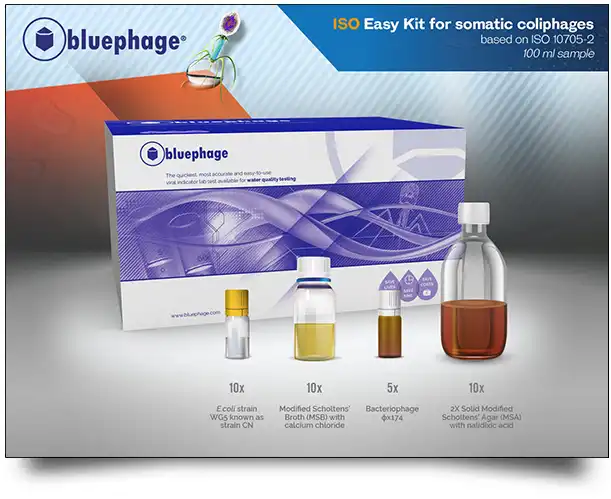BLOG | Bluephage
World Oceans Day: Shedding Light on Microbial Contamination and its Threat to Human Health

When viruses, and other harmful microorganisms enter the ocean, they can risk human health.
Microbial contamination of the ocean can be caused by various factors, such as untreated sewage, agricultural runoff, industrial waste, and even improper medical waste disposal. These contaminants can reach our food chain through seafood consumption or contaminating coastal areas where we swim and enjoy recreational activities.
The consequences of microbial contamination are significant. Waterborne diseases caused by consumption or contact with contaminated water can lead to gastrointestinal problems, skin infections, respiratory problems, and other health complications. Vulnerable populations, such as children, older people and people with weakened immune systems, are especially at risk.
To prevent fecal contamination in the oceans, a combination of measures is needed:
1. Adequate wastewater treatment: efficient and well-maintained wastewater treatment systems are essential. This includes implementing wastewater treatment plants capable of removing pathogens and microorganisms before they are discharged into water bodies, such as the oceans.
2. Better management of septic systems: For coastal areas that do not have access to sewage systems, it is important to promote and regulate the proper use of septic systems. This involves ensuring that septic systems are properly constructed, maintained, and operated and that periodic inspections are conducted to prevent leaks or seepage that could contaminate nearby bodies of water.
3. Public education and awareness: Educating the public about the importance of avoiding fecal contamination in the oceans and the consequences for human health and the environment is essential.
4. Control of agricultural pollution sources: Agricultural runoff can carry fecal contaminants into water bodies, including the oceans. Agricultural practices such as proper animal manure management are necessary to minimize fecal pollution from agriculture.
5. Monitoring and enforcement: It is important to establish regulations and standards to limit ocean fecal pollution. This should be accompanied by adequate monitoring to ensure compliance with these regulations. Competent authorities should conduct regular inspections and implement corrective actions when sources of fecal contamination are detected.
Bluephage offers fast and effective solutions for monitoring fecal contamination in seawater, with a coliphage detection system that warns of the presence of pathogenic viruses that can pose a significant risk to human health.



